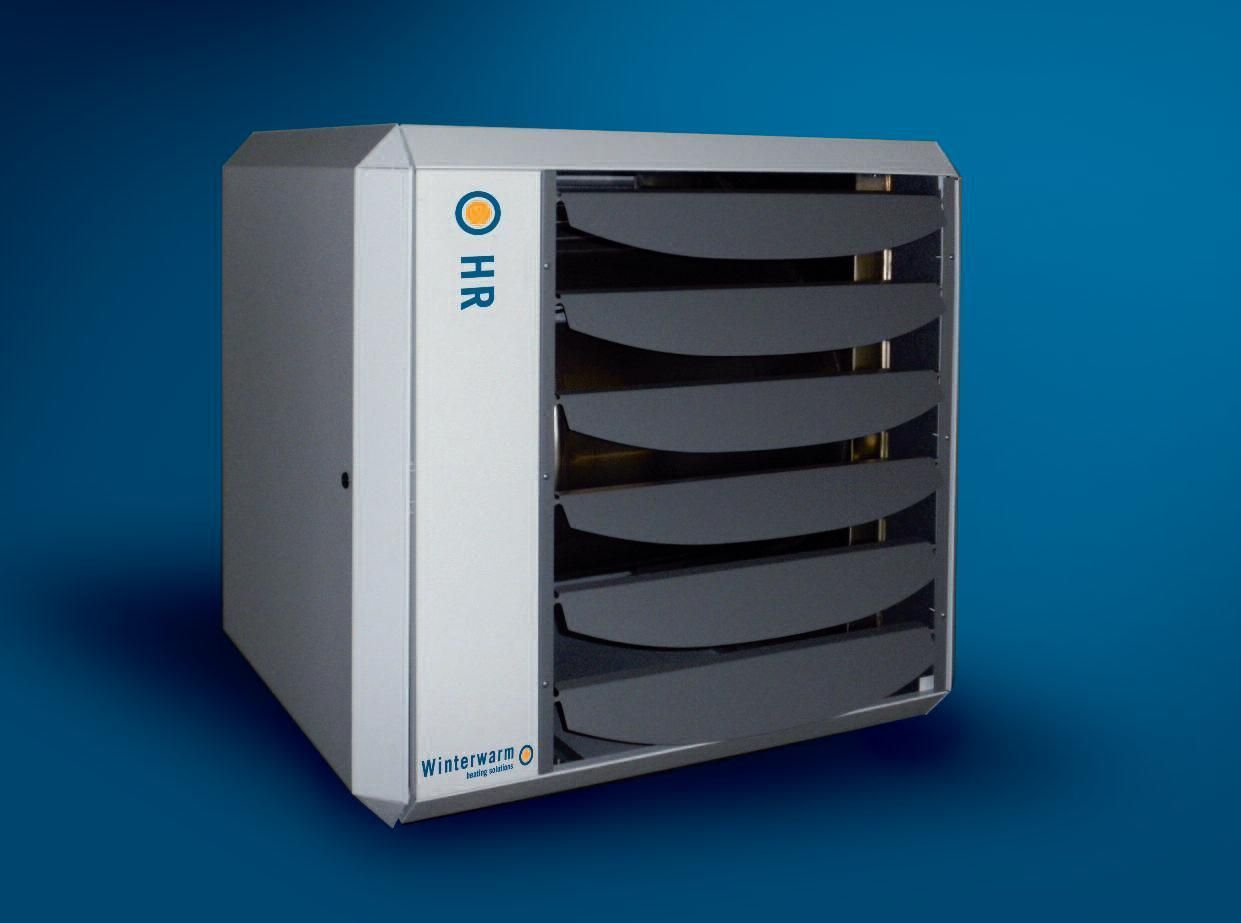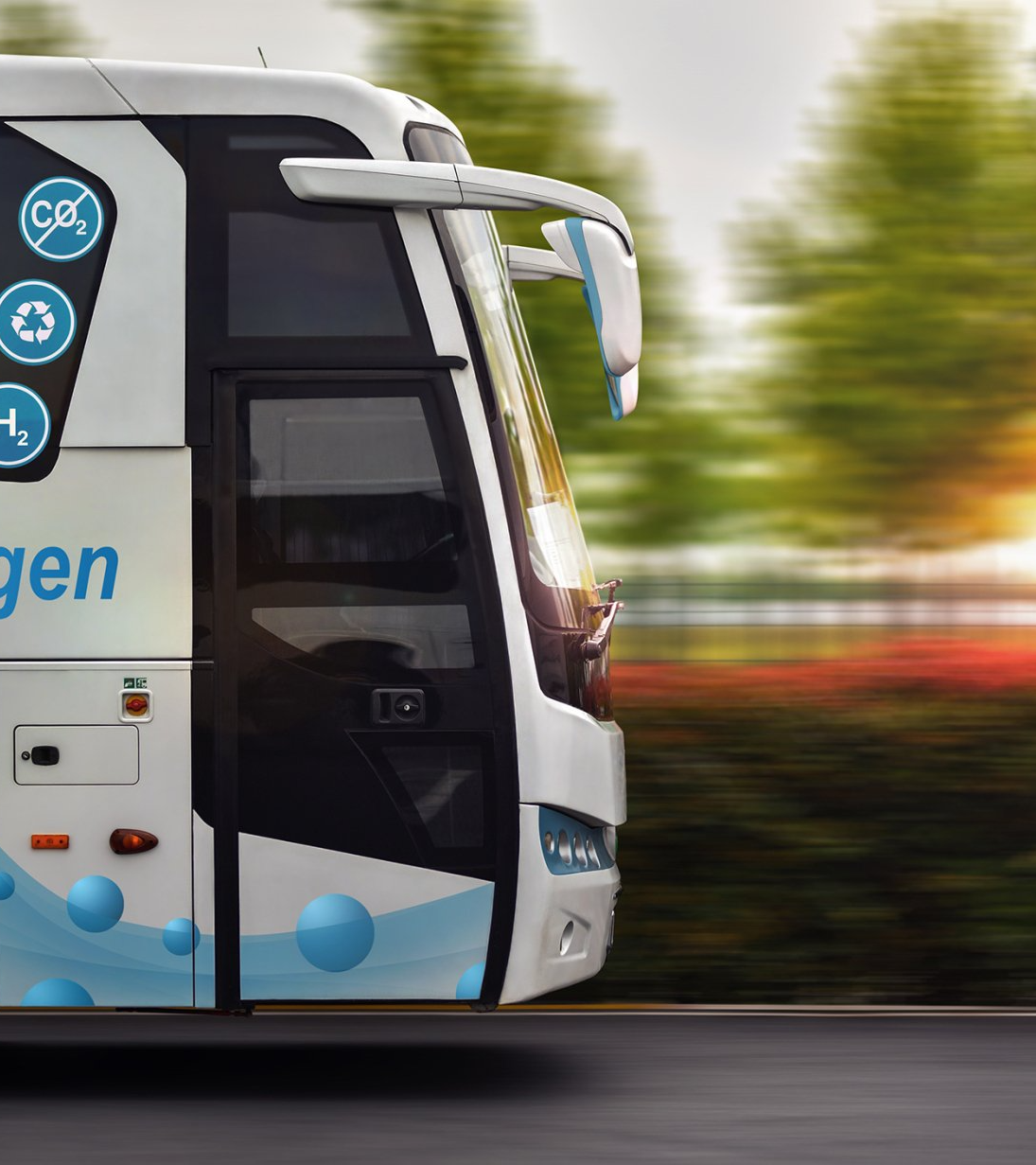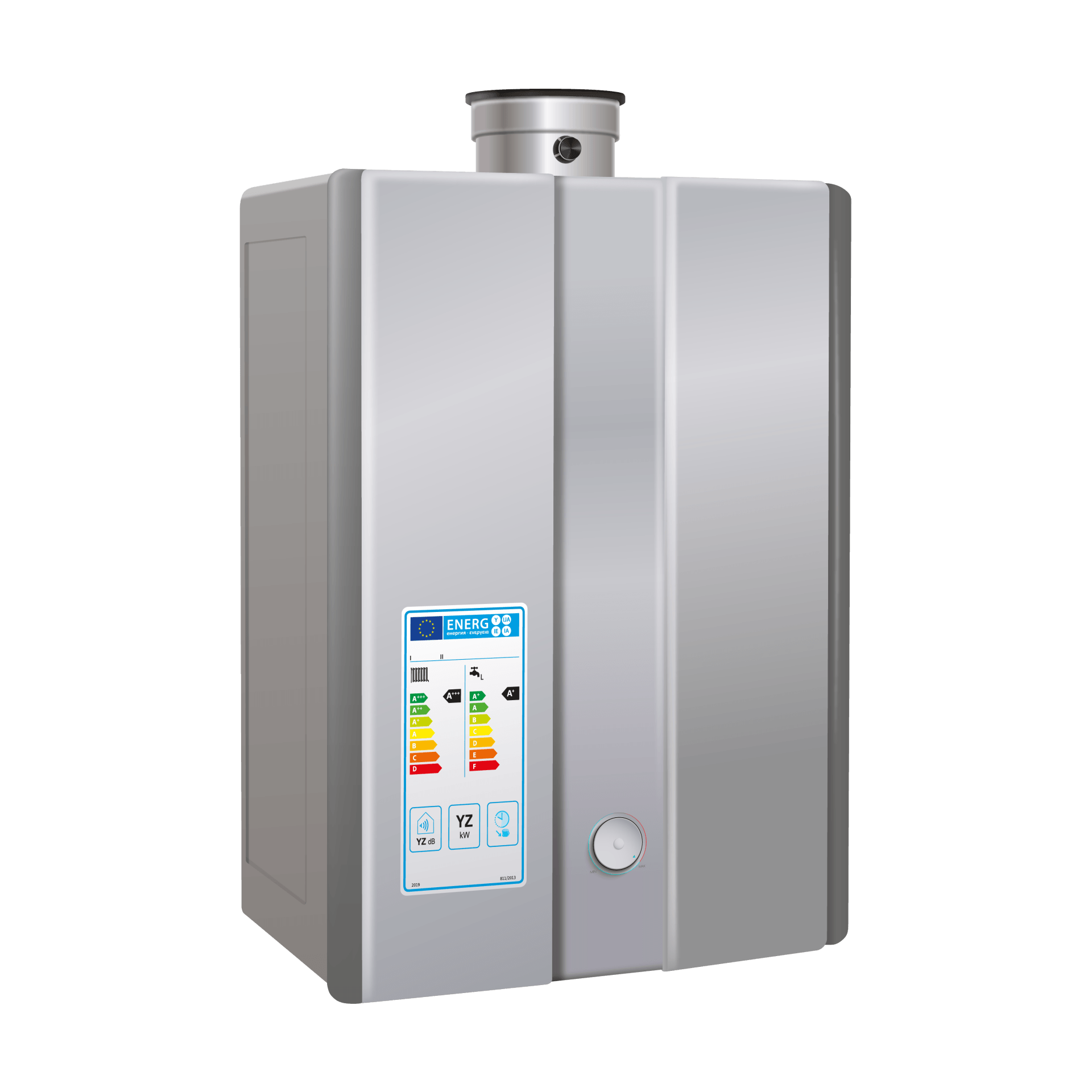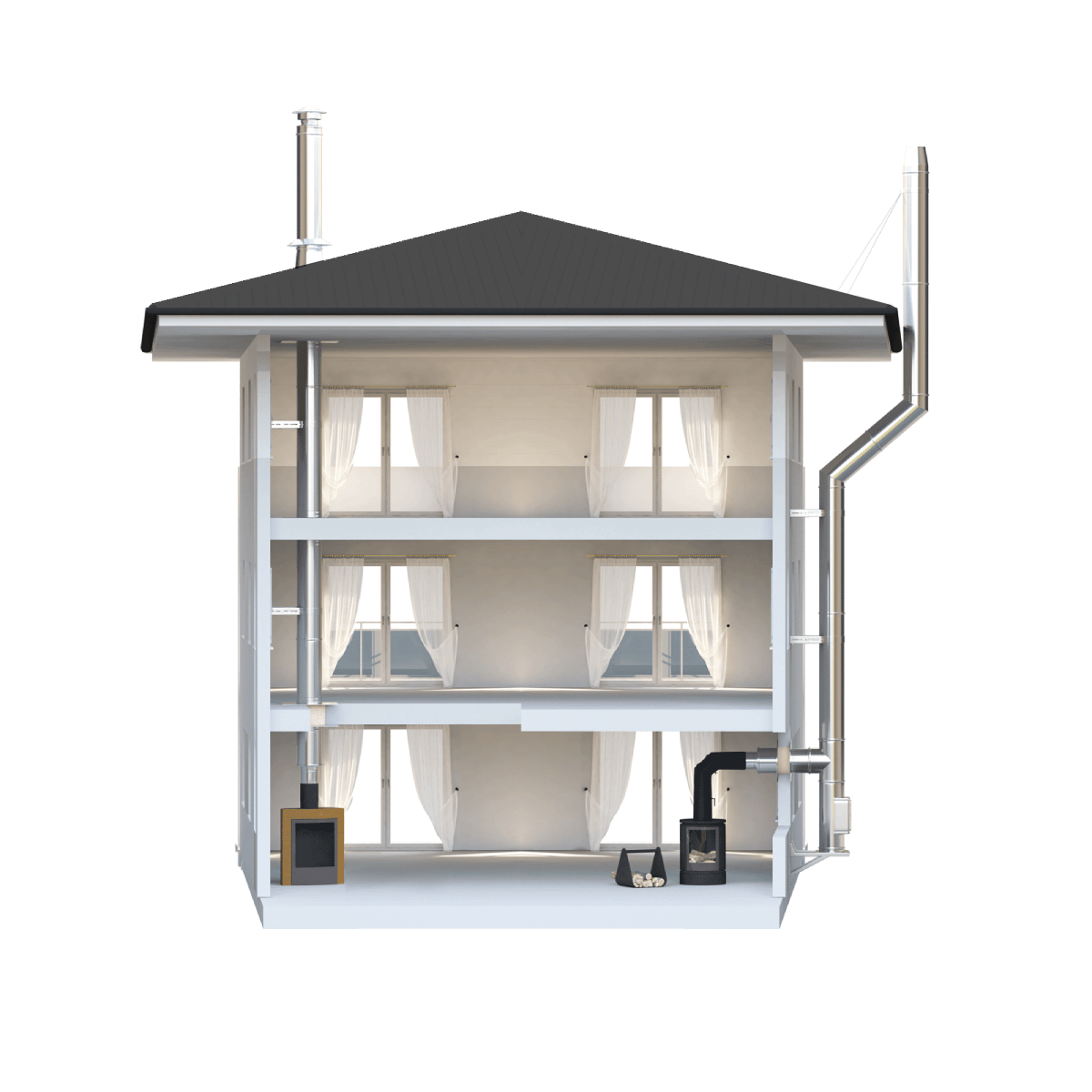How businesses can benefit from decarbonising their heat
For businesses dealing in carbon emission or, in some way, having these processes in their day-to-day operations, decarbonisation of heat is a significant energy efficiency and sustainability strategy. Due to the increasing awareness concerning reduced time and money, it has become easier for businesses to understand their responsibility and the growing opportunities in decarbonising heat.
This article discusses the concept of decarbonisation of heat from the perspective of processes and how they can benefit from it. Moreover, we will also discuss the role of the supply chain in realising the chain and underlying
challenges concerning the decarbonisation of heat.
What is the Decarbonisation of heat?
Heat decarbonisation refers to reducing carbon and converting it to economic system sustainability appropriate for reduction and compensating carbon dioxide emissions. Businesses can use the carbonisation of heat as a sustainable strategy to limit the rising global temperatures and contribute to
reducing carbon dioxide emissions. The main benefits here for businesses here are not just in terms of sustainability but also the reduced dependence on traditional energy sources. Therefore, businesses have been considering it an excellent option for sustainability and efficiency.
Decarbonisation of heat in the UK
In addition to this, the UK's existing low-carbon expertise and major global financial sectors make it favourable for businesses to look forward to better growth prospects. Moreover, as UK based businesses take a step forward in establishing new trading relationships with the European Union and other parts of the world, it is necessary to acknowledge the growth of low carbon exports and climate action to set up a favourable environment for the trade strategies and new export ecosystem. It will benefit the business from a growth perspective and help them achieve better clarity in terms of sustainable growth.
Therefore, it becomes essential to develop low-carbon technologies in addition to the
decarbonisation of heat
to achieve sustainable development goals. It contributes to the growth of a business enterprise and helps maintain the UK's growth record in reducing emissions both domestically and globally.
How does decarbonising heat benefit businesses?
Due to the benefits of decarbonisation of heat, it is the best time for businesses to increase their energy efficiency in terms of improvements in insulation. The same can also benefit the sectors concerning lighting and general energy management.
However, it is necessary to keep in mind that businesses must also have a transparent support system from the government to realise these opportunities and make the best of the available sources. Businesses can use infrastructure development to initiate essential investments using the guaranteed long term commitment using supportive market intervention systems—moreover, the same calls for skilling the workforce and manufacturing capacities to bring more
effective heating solutions.
Role of the supply chain in realising heat decarbonising benefits
As businesses step forward in realising the benefits of decarbonising heat, it is equally necessary to understand the role of skills and supply chain requirements. The business enterprises must also recognise the opportunities to work with training agencies to ensure that they have sufficient industrial and installation capacity to undertake the projects.
Having an efficient supply chain system in place also helps in situations of significant uncertainty concerning the economic status of the country and the availability of employment opportunities. Therefore, there is an increased need to plan and gear up for the capacity to deliver these skills and opportunities while realising the benefits of decarbonising heat. While businesses realise the importance of these mechanisms, it is equally necessary to execute the processes in an acceptable way for the opportunities throughout the segment.
What are the possible challenges for businesses in decarbonising heat?
As we consider the possibilities and prospects of the carbonising heat for businesses, it is equally necessary to consider the relative change challenges that make the process hard. Following are the main challenges involved in decarbonising heat -
Net-zero objectives
The existing target for reducing carbon emissions to net-zero requires certain industrial sections to reduce their carbon emissions. However, one of the most significant downsides of this situation is that it also implies a difficult target concerning heating, especially those that require dependence on other fuel sources.
Challenge size
According to an estimate, a majority of business enterprises have low carbon heating. However, it also implies that the country is naturally dependent on fossil fuel gases and other similar sources, making the challenge even bigger for businesses to deal with the challenge.
No standard solution
Another major challenge in the decarbonisation of heat for businesses is the lack of standard solutions applicable across various industrial sectors. Although every industry has its energy consumption and production requirement, there is always a need to have a standard solution to increase the existing systems that run out of efficiency.
Energy inefficiency
One of the biggest challenges businesses today face is a lack of sufficient resources and energy inefficiency—the existing UK building stock concept of poorly constructed thermal efficiency. Almost half of the UK businesses face severe overheating and energy waste challenges, making the processing and implementation difficult. Thus, energy inefficiency continues to be a significant challenge for businesses.
"Businesses need to approach the decarbonisation of heat in a balanced way to underlined benefits and sustainability objectives"
Ben Winrow - Factory Heaters
Final thoughts
In a nutshell, we can conclude that the decarbonisation of heat for businesses has a long way to go in the global landscape. Businesses can improve their general energy management and lighting systems by decarbonising heat and building a proper support system to meet the energy requirements. However, it also requires upskilling the workforce and increasing the capacity to make this a living and practical reality.
Although decarbonisation of heat benefits businesses, it is equally necessary to consider the underlying challenges and combat these with efficient strategies. Therefore, businesses need to approach the decarbonisation of heat in a balanced way so that it is practical to achieve the targets keeping in mind the underlined benefits and sustainability objectives.
Contact
Factory Heaters
for more information.
If your hot water system currently stores hot water for any potential increases in demand, installing Continuous flow water heaters instead will reduce your energy costs dramatically, and they are also Hydrogen Blend Ready, so will support the UK’s zero Carbonisation strategy.
Share.
Comment.
Latest.












